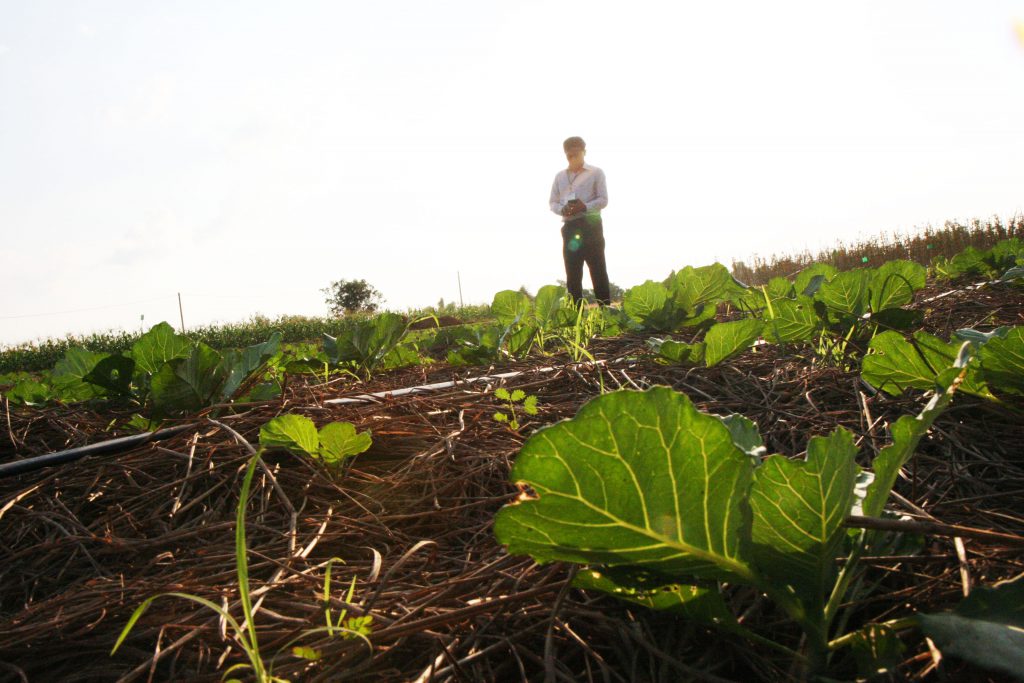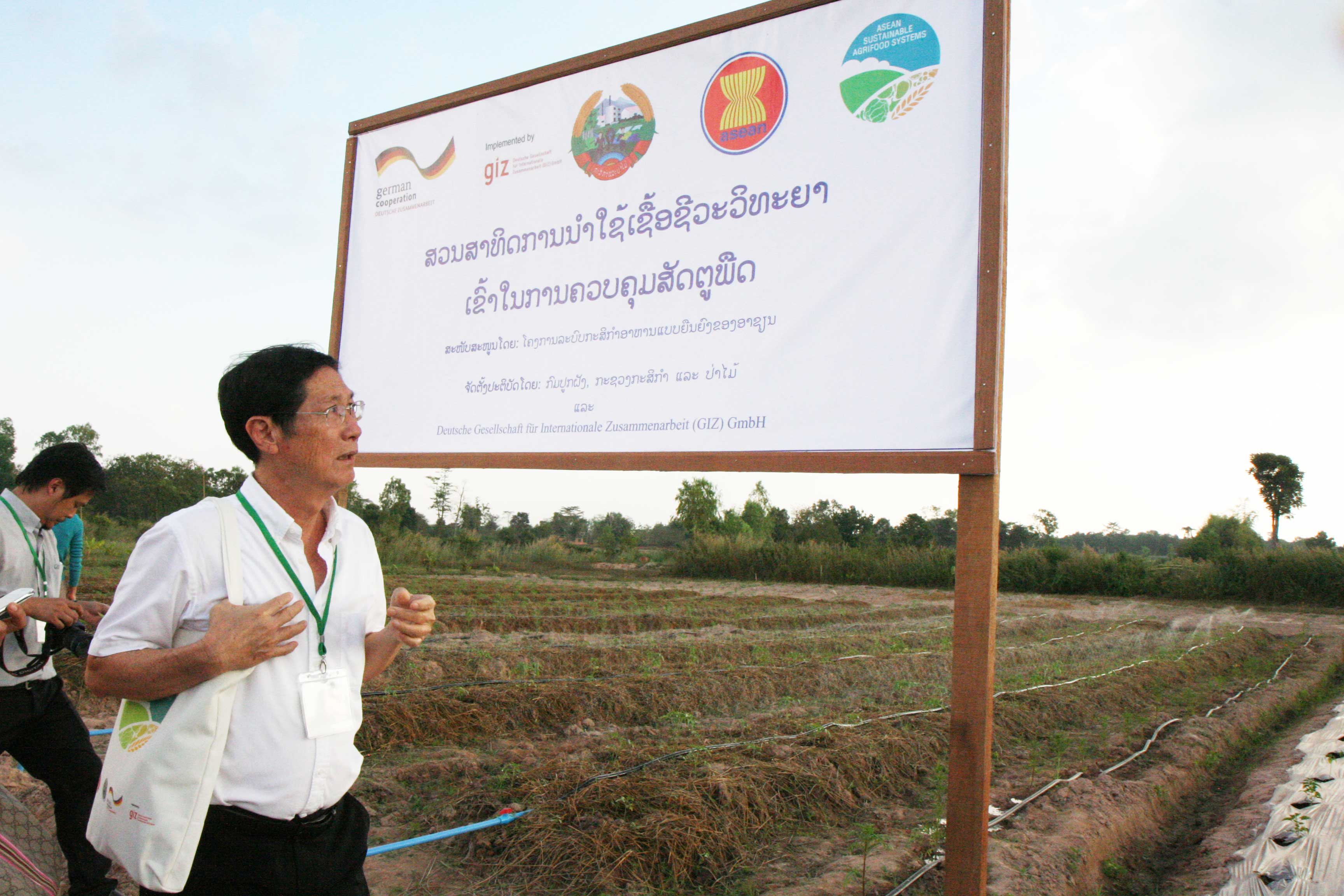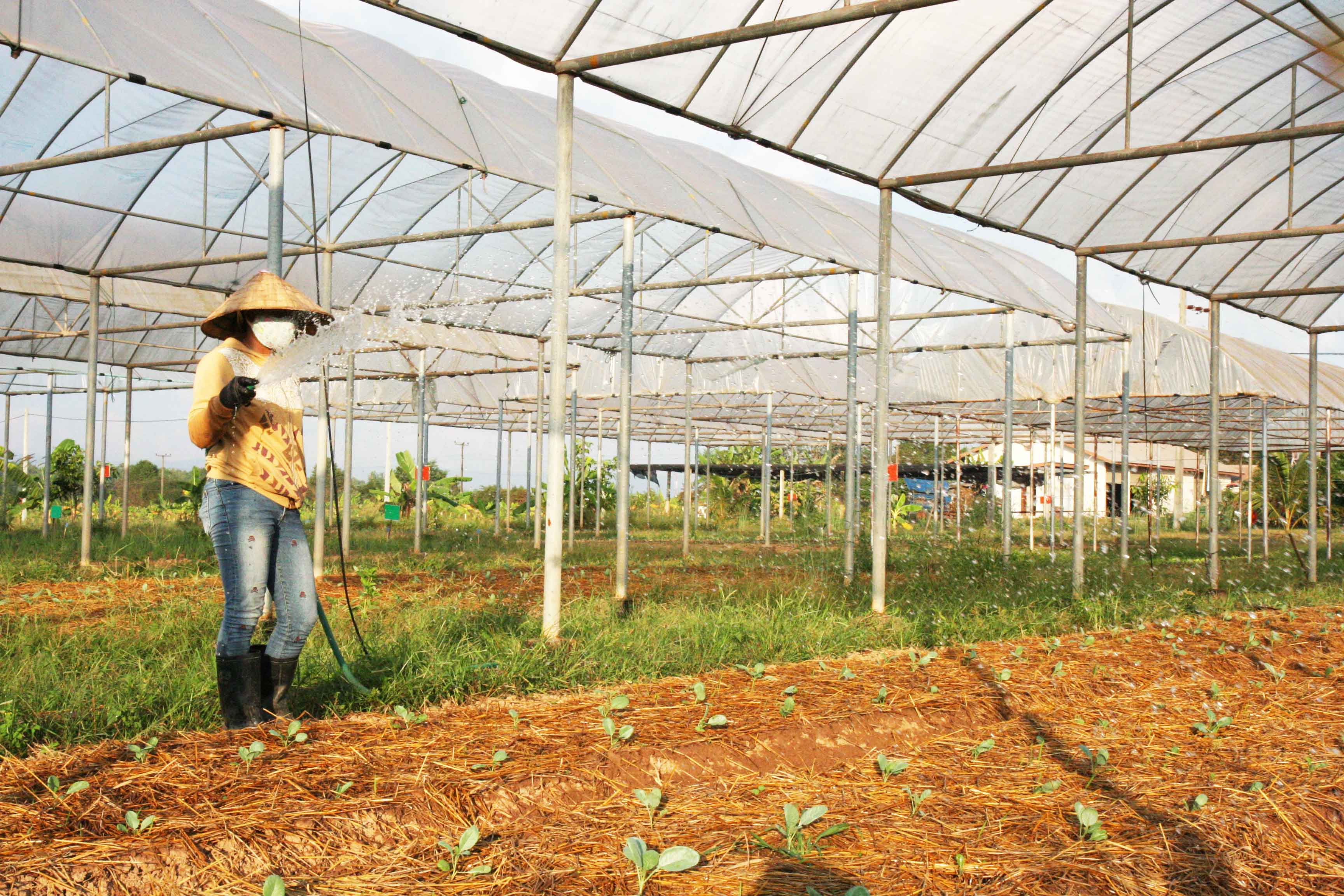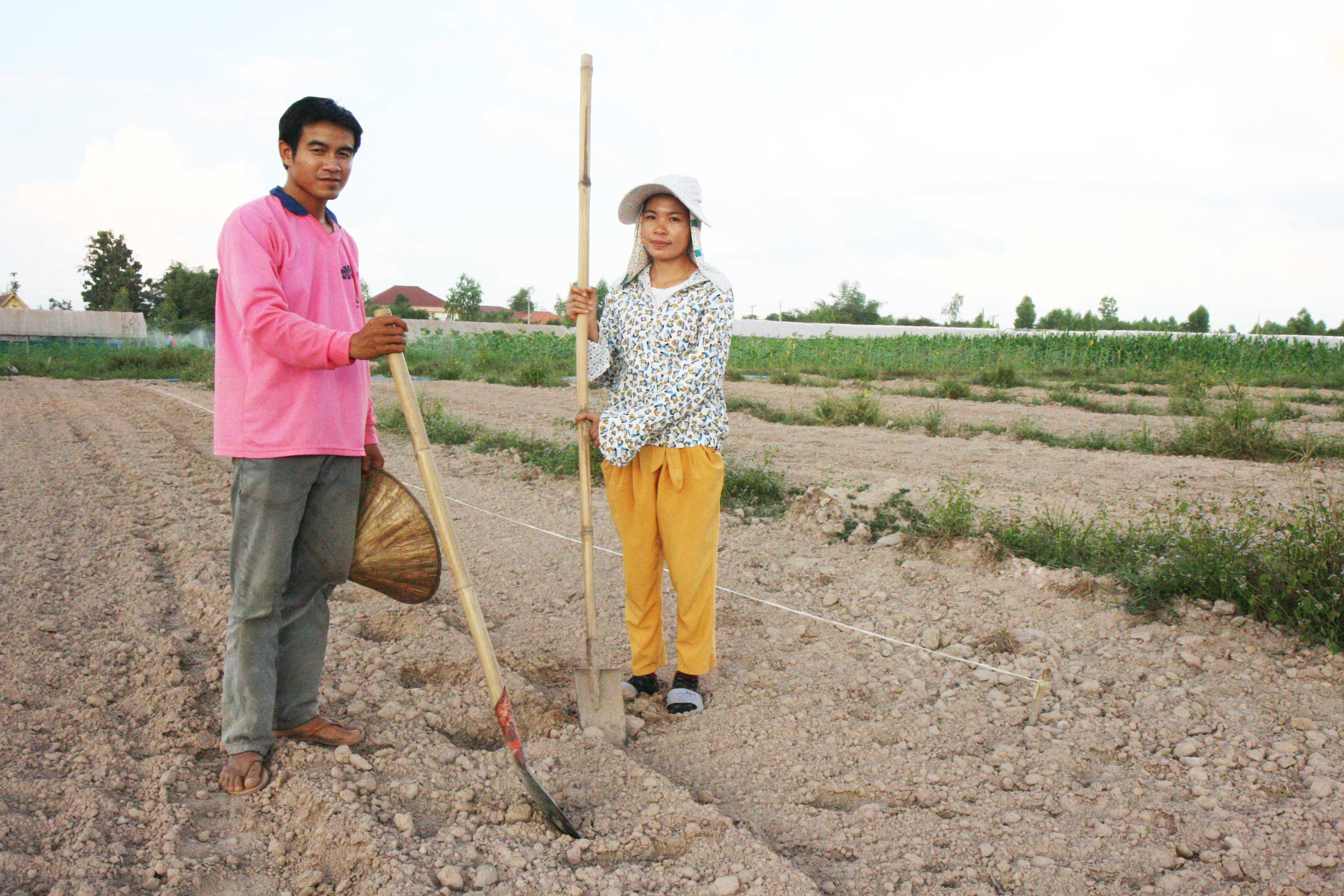Experts in sustainable agriculture development urge for a change in agrifood system production. Or, a future lies blind.
Policy is needed, private company must agree, consumer have to value and farmer can just start, these were voiced by the experts during private interviews at the recent 6th Project Partner Meeting of the ASEAN Sustainable Agrifood Systems (ASEAN SAS) in Vientiane, Lao PDR.
Policy based on actual situations must be formulated and implemented.
“We face problems like the overuse of the agricultural lands. We plant every season without considering giving back what is taken from the soil. The excessive use of chemical fertilizers and chemicals is the natural calamities,” said Mr. Gerald Cammagay, a Science Research Specialist from the Philippines. “Government has to do his job to really know what the real situation is. And upon knowing the real situation they will base those real experience, real situations in formulation of good policies and that would be very good for the farmers [and everyone],” said Mr. Cammagay from Organic Agriculture Division.
Responsible agriculture has to be seen as the sole option for sustainable future and all parties in a value chain need to acknowledge and change their attitudes and practices, said the experts from ASEAN countries.
“What is most important is not a big quantity production of agriculture food, but the food we produce must be safe to consume to everybody,” said Mr. Ismail Iberahim from Department of Agriculture, Malaysia. “Farmers [and people] in developed countries are going for safe food and environment conservation. If possible, they do not want to use chemicals. But in developing countries, farmers are just thinking to get the high volume of a produce with good looking products. They also want the fast results and not thinking about tomorrow. They only think for today. I wish one day our farmers [and people] can change their attitude towards sustainable agriculture,” said Mr. Iberahim, Principal Assistant Director of Plant Biosecurity Division.
Head of Crop Protection unit from Brunei Darussalam shared similar ideas. Agriculture these days focus on high production and making higher yields, but we cannot forget it is our natural resources we are using, Mr. Noor Azri Bin Haji Mohamad Noor said. “If we do not care about the ecosystems and we damage the soil and our environment, then where are we going to plant in the future?
“I do hope that farmers and also private sector can come to an agreement someday that sustainable agriculture is the way to go. So we can always get their supply without damaging the environment,” said Mr. Noor from Department of Agriculture and Agrifood.
People should learn from mistakes and take a better care of the earth, said Vice Dean of Faculty of Agriculture from Indonesia. Dr. Syaiful Anwar said: “People must aware of negative impacts from exploiting the environment”. In the food system, because we have to produce enough food for people, and then we create technologies that will support us to produce more. We add fertilizers and pesticides and using of machinery that are using the fossil fuels and they cause global warming.
“These are some mistakes. As human beings we have to care about the earth we are living in. If not, the earth will become much worse and one day it will be the end of the world,” said Dr. Anwar.
Recently, over70 experts from ten ASEAN Member States met in Lao PDR to mark the ASEAN SAS project’s mid-term milestone and discuss emerging issues and challenges to food security, including environment and climate changes in order to develop strategies for project activities post 2015. ASEAN SAS, since the inception of the second phase in 2014, has implemented activities under three priority areas namely policy framework, production technologies and market linkages to encourage regional cooperation in promoting sustainable food production at the national level as well as enhancing synergies and boosting greater impact in respective countries.
“To achieve sustainable agrifood systems, it requires close collaboration among stakeholders along the value chain, including governments, farmers, civil society, consumers, and last but not least, the private sector,” said Dr. Matthias Bickel, Project Director of ASEAN SAS at the 6th Project Partner Meeting and related meetings in Vientiane. The Meetings run on 17-20 November 2015 co-hosted by the Department of Agriculture, Ministry of Agriculture and Forestry of Lao PDR.
By Rojana Manowalailao, ASEAN Sustainable Agrifood Systems



